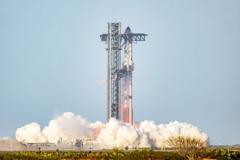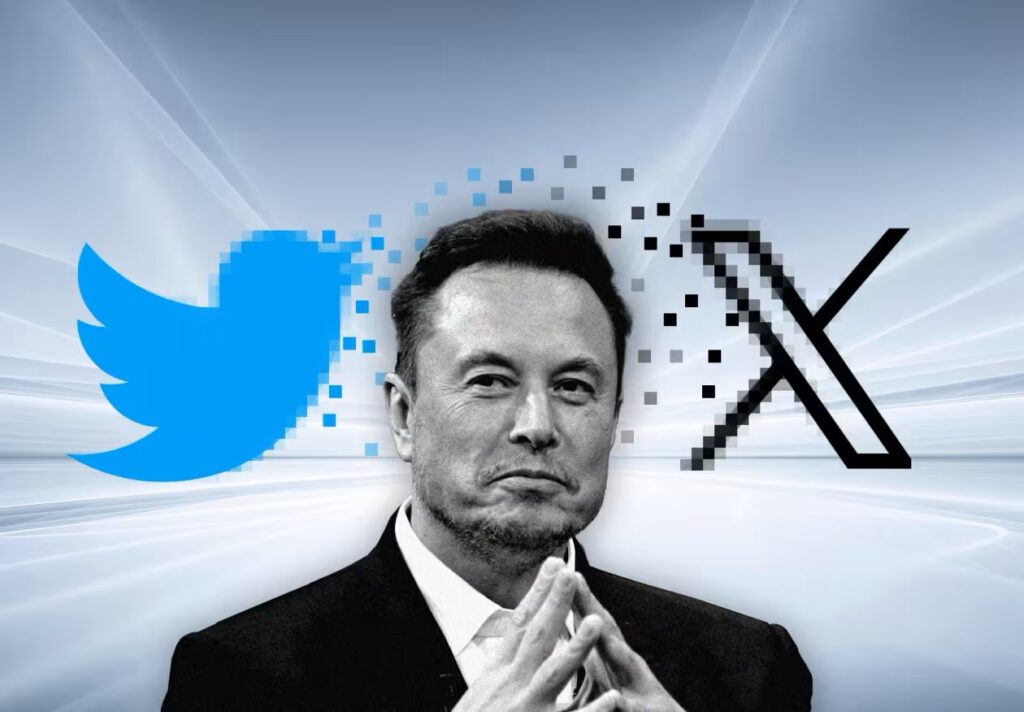Elon Musk, CEO of SpaceX, has revealed that the company's Starship rocket is slated for its first mission to Mars by the end of next year. This announcement follows a series of explosive failures during recent flight tests that the company is currently investigating. Musk indicated on his social media platform X that if the early Mars missions progress smoothly, human landings could commence as soon as 2029, although he believes 2031 is a more probable timeframe.
Starship, at 123 meters tall, is the largest rocket ever constructed and plays a pivotal role in Musk's vision to establish a human presence on Mars. However, SpaceX has faced significant setbacks; the most recent test saw a rocket explode just minutes post-launch in Texas, marking the second failure this year after a similar explosion in January that resulted in what SpaceX termed a "rapid unscheduled disassembly."
Following the recent explosion, debris was reportedly visible over the Bahamas, prompting SpaceX to conduct a thorough review of the event to uncover the underlying causes, which included the failure of multiple rocket engines. The Federal Aviation Administration (FAA) has mandated that SpaceX complete its investigation before resuming flight operations.
Musk previously announced that a modified version of the Starship would also serve as a lunar lander for NASA's Artemis missions, aimed at returning humans to the Moon. His long-term plans involve using Starship to facilitate human journeys beyond Earth, emphasizing the goal of becoming a "multi-planetary species." As part of the initial Mars mission, Musk intends to send along Tesla's humanoid robot, "Optimus," which was unveiled last year. The robot is designed to perform daily tasks and is expected to retail between $20,000 and $30,000.
In a related development, SpaceX successfully launched its Falcon 9 rocket recently, transporting a crew to the International Space Station (ISS) as part of their ongoing plans to bring two astronauts back home. The astronauts, Butch Wilmore and Suni Williams, had initially planned an eight-day stay at the ISS but have extended their mission due to technical difficulties with the experimental spacecraft they arrived on, developed by Boeing, resulting in them being in orbit for over nine months.





















